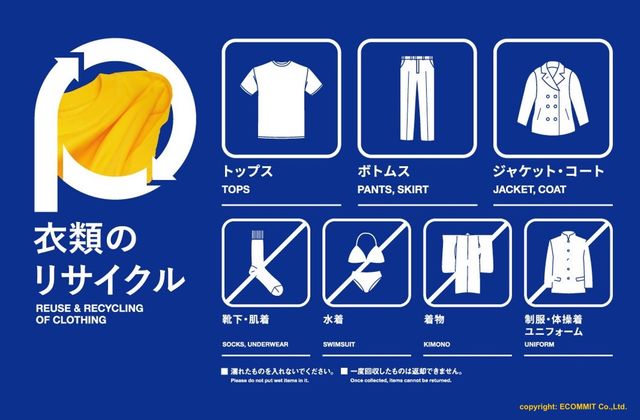Fashion, clothing and textiles
What is it? EMMA provides circular safety footwear. It has recently piloted a service model with one of its clients to provide ‘shoes as a service’ (EMMA, 2020). This pilot aims at a better fit of the shoes for the workers, better maintenance and cleaning, and a higher return rate for the shoes so that they can be recycled.
Why is this important? The fashion industry, including footwear, is one of the most polluting industries in the world (Allwood et al., 2006). By exploring how shoes can be provided as a service, EMMA is pioneering try-outs with circularity in this industry – and work towards longer product lives and higher recycling rates.
Main resource strategy:
Slowing: workers get a maintenance kit to help keep the shoes longer
Closing: the shoes are made to be easy to disassemble and to recover the parts for recycling – partly for new shoes and partly in other applications.
Business model aspects:
- Value Proposition: The shoes are provided as a service, including a fitting service and a maintenance kit
- Value Creation & Delivery: EMMA comes with a bus where the workers can try different shoes and makes sure to get a good fit. The shoes are returned at the end of the service life to enable their reverse flow.
- Value Capture: EMMA aims to provides a contract with regular service payments.
Business model experimentation practices: EMMA has initiated a pilot with one of its clients, where the ‘shoes as a service’ concept is trialed with around 200 workers (EMMA, 2020). The pilot is evaluated through regular surveys, to understand if and how the workers have a better service experience and if they use the maintenance kit to clean the shoes. EMMA is also using the pilot to test a first return system for the shoes, which includes a quality test of the returned shoes to assess if they can be reused, repaired or need to be recycled.
Sustainability outcomes: Yet to be assessed.
Sources:
Allwood, J., Laursen, S., Rodriguez, C., Bocken, N., 2006. Well dressed? The present and future sustainability of clothing and textiles in the United Kingdom., University of Cambridge Institute for Manufacturing Mill Lane. https://doi.org/ISBN 1-902546-52-0
EMMA (2020). Internal interview data. September-December 2020.
***
About project Circular X
Project Circular X is about ‘Experimentation with Circular Service Business Models’. It is an ambitious research project funded by the European Research Council (ERC) which supports top researchers from anywhere in the world. Project CIRCULAR X runs from 2020-2025. The project is led by Principal Investigator (PI) Prof Dr Nancy Bocken, who is joined by a multidisciplinary team of researchers at Maastricht Sustainability Institute (MSI), Maastricht School of Business and Economics, Maastricht University. The project cooperates with businesses who want to innovate towards the circular economy.
Project Circular X addresses a new and urgent issue: experimentation with circular service business models (CSBMs). Examples of such new business models include companies shifting from selling products to selling services and introducing lifelong warrantees to extend product lifetimes. However, CSBMs are far from mainstream and research focused on experimentation is little understood. The research aims to conduct interdisciplinary research with 4 objectives:
- Advancing understanding of CSBMs; their emergence and impacts
- Advancing knowledge on CSBM experimentation
- Developing CSBM experimentation tools
- Designing and deploying CSBM experimentation labs
Funding source
This project has received funding from the European Research Council (ERC) under the European Union’s Horizon 2020 research and innovation programme, grant agreement No. 850159.
Using of this information
When you refer to this case, please use the following source:
Circular X. (2020) Case study: EMMA Safety footwear as a service. Accessed from www.circularx.eu



